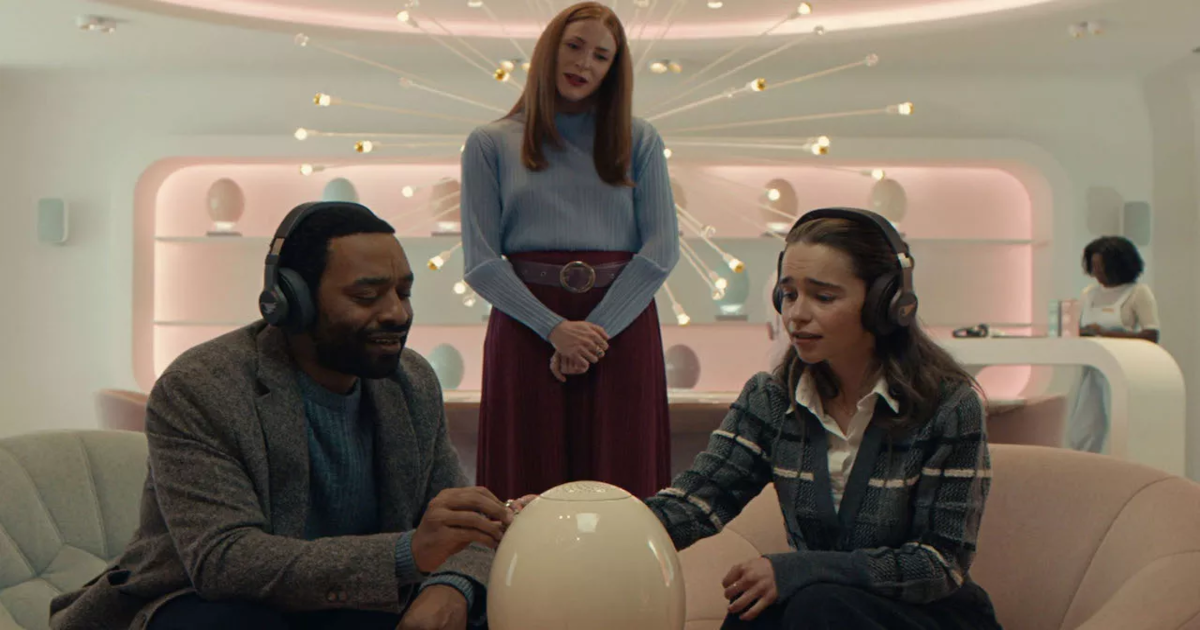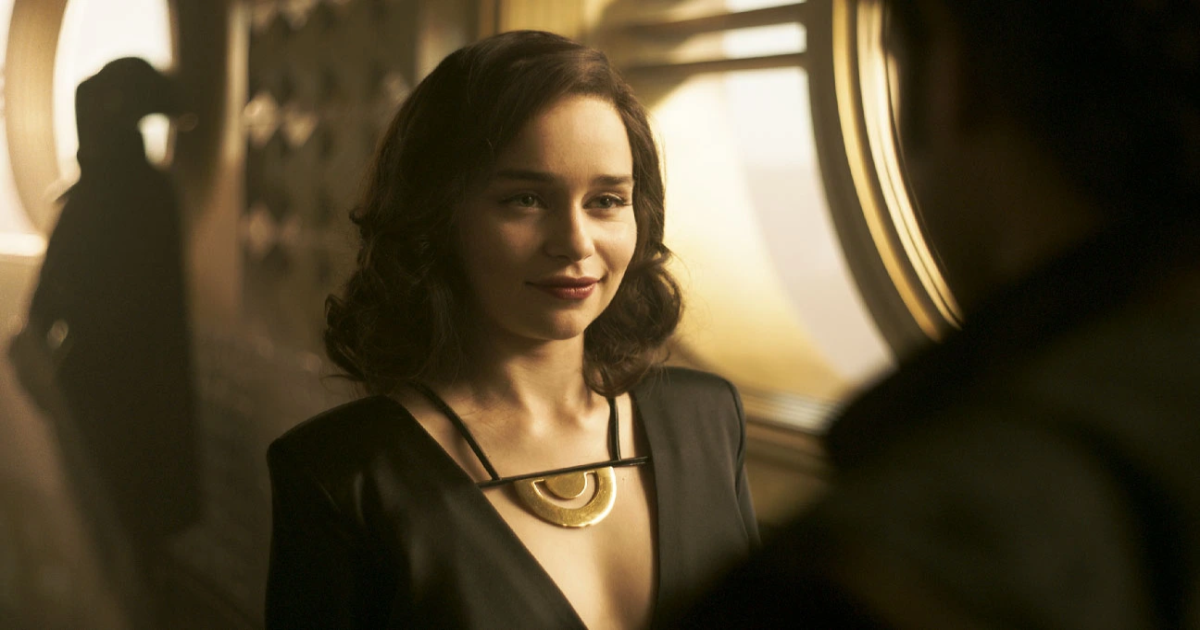A number of films that have satirized or flat-out shown us our very likely future as the most unstable sentient species on the planet have made their mark over the years. In Pixar's WALL-E (2008), a cute little robot showed us a future of our world as a desolate garbage heap while what's left of humanity kicks back on a luxury spaceship as literal blobs that can't bring themselves to walk anymore. Years later, a Netflix anthology series called Love, Death & Robots (2019) would feature an episode where three AI robots explore a deserted, overgrown city and debate heartily with each other how humanity managed to survive as long as they did with such little knowledge.
These and countless other films have featured similar 'what if' ideals that give us audiences a good, hard look at ourselves, and now, one more adds itself to that list. A new sci-fi romantic satire called The Pod Generation (2023), which debuted recently at the Sundance Film Festival, gives a spin on the future of human pregnancy and how technology will overtake it like almost everything else.
The Pod Generation, directed and written by Sophie Barthes, stars Emilia Clarke (Game of Thrones) and Chiwetel Ejiofor (Doctor Strange) as young couple Rachel and Alvy who live in futuristic New York that is entirely run, or rather overrun, by technology. Homes are wholly run by AI, similar to the "Alexa" experience we have now, and schedule everything in person's day from sunrise to sunset. Rachel unironically works for a tech company in the city and schedules "nature pod" visits to reconnect her mind with nature, albeit via synthetic images and sounds fed to her. Alvy, meanwhile, also ironically, is a botany teacher who works with actual, living plant life.
One day Rachel is informed that she's been picked from a long waitlist for an "egg baby," which involves growing an actual child inside an egg-shaped pod rather than naturally. After telling Alvy, they receive their new "pod egg," and each go on with their daily lives until their new child is "born" from its plastic shell. Rachel enjoys work and going out as she pleases, but Alvy starts to grow attached to their pod, wanting to spend most of his time with it, and essentially takes on a maternal, pseudo-pregnant role. The purpose of the pod no longer becomes about convenience and instead recreates a biological connection to the creation of a human life that can't be ignored and put on a shelf. The Pod Generation found success with its Sundance premiere, taking home the Feature Film Prize from the Sundance Institute Science-in-Film initiative with Alfred P. Sloan Foundation, per a report from Deadline.
The Pod Generation is About Isolating Us From the Most Human Parts of Ourselves
The Pod Generation is a perfect mix of an endearing satire about an ever-relevant, heavy subject. It doesn't go down the road of apocalyptic horror, or anything blatantly negative. Instead, it's a romantic comedy embracing a more profound message about where we could easily head. The egg pods don't necessarily serve as a crucial solution to infertility; they serve as a convenience that is often the focal point of modern technology. It's convenient enough to place the egg pod atop a shelf like a book and leave it there until it's ready. It represents a dissociation from human biology and a staggering disconnect from one of the many aspects of life that make us human. Just as we now have almost everything at our fingertips at a moment's notice, courtesy of a phone that can do almost anything, what's to stop us from adding pregnancy to that list of options?


